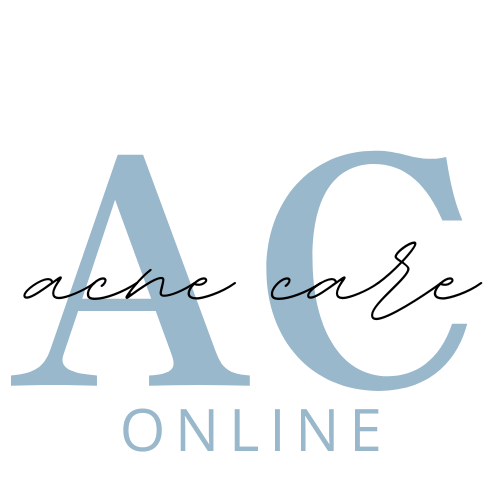Acne Debunked: Clearing Up the Truth About Breakouts

Acne is a common skin condition that affects millions of people worldwide. It can cause physical discomfort and emotional distress, impacting individuals of all ages. Unfortunately, acne debunked is also shrouded in a multitude of myths that perpetuate misconceptions and hinder proper treatment. Today, we are here to debunk some of the most common misconceptions about acne and provide you with evidence-based information.
Poor Hygiene Causes Acne
One of the biggest myths surrounding acne is the belief that poor hygiene is the primary cause. Many individuals often feel ashamed or self-conscious about their acne, as they believe they are not taking care of their skin properly. However, the truth is that acne debunked is primarily a hormonal condition caused by excess sebum production and clogged pores.
Studies and expert opinions have consistently debunked the notion that acne is directly linked to hygiene. In fact, over-cleansing or scrubbing the face too vigorously can worsen acne debunked. This is because harsh cleansing methods can strip the skin of its natural oils, leading it to produce even more sebum, ultimately exacerbating acne.
Chocolate and Junk Food Cause Acne
We’ve all heard the age-old advice: “Don’t eat chocolate, it will cause acne!” This myth suggests that consuming greasy and sugary foods is a direct contributor to breakouts. However, the scientific evidence challenges this long-standing belief
Research indicates that diet alone does not directly cause acne. While it’s true that some individuals may experience worsened acne after consuming certain foods, such as those high in sugar or dairy, the relationship between diet and acne debunked is far more complex. For most people, a balanced diet that supports overall skin health is more important than avoiding specific foods.
Acne Is Only a Teenage Problem
Another myth surrounding acne is that it is only a problem for teenagers. We often associate acne with hormonal changes during puberty, but the truth is that acne debunked can persist or even start in adulthood, affecting people well into their 30s, 40s, and beyond.
Adult acne has become increasingly prevalent in recent years, and a variety of factors contribute to its development. Hormonal imbalances, stress, genetics, and lifestyle choices can all play a role in adult acne. Understanding these underlying factors is crucial for effective management and treatment.
Sun Exposure Improves Acne
Many people believe that spending time in the sun can improve acne due to its drying and anti-inflammatory effects. While it may seem that the sun temporarily improves the appearance of acne, the truth is that excessive sun exposure can actually worsen the condition in the long run.
Scientific evidence indicates that excessive sun exposure can lead to skin damage, increased inflammation, and potentially more stubborn acne. While the sun may dry out the skin initially, it can prompt increased oil production and skin cell turnover, ultimately aggravating acne.
Acne Will Go Away on Its Own
It is a common misconception that acne will naturally disappear without any intervention. Many individuals adopt a “wait and see” approach, hoping that their acne will magically disappear over time. However, untreated or improperly treated acne can have lasting consequences.
Acne can result in scarring, post-inflammatory hyperpigmentation (dark spots), and negative psychological effects such as low self-esteem and poor body image. It is essential to seek professional medical advice to properly manage and treat acne.
There are various treatment options available for acne, ranging from over-the-counter remedies to prescription medications and professional therapies. Over-the-counter products containing ingredients like benzoyl peroxide or salicylic acid can be a good starting point. However, it is crucial to consult with a healthcare professional or dermatologist to determine the most suitable treatment plan for your specific needs.
In addition to topical treatments, prescription medications such as isotretinoin may be recommended for severe acne cases. Professional treatments like laser therapy or chemical peels can also be effective in addressing acne debunked and improving skin texture.
Remember, you are not alone in your acne journey. Many individuals struggle with acne, and seeking professional help is the first step towards clearer and healthier skin. With the right treatment and care, acne can be effectively managed, allowing you to regain your confidence and embrace your natural beauty.
So, say goodbye to those acne myths and embrace evidence-based information. By understanding the truth about acne, you can make informed decisions about your skincare routine and take proactive steps towards achieving clearer skin.






